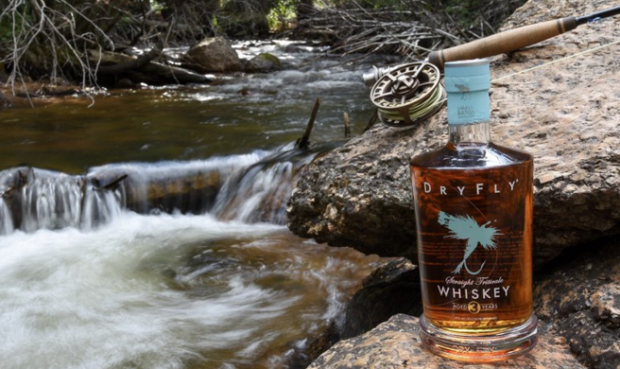By Andrew Derr
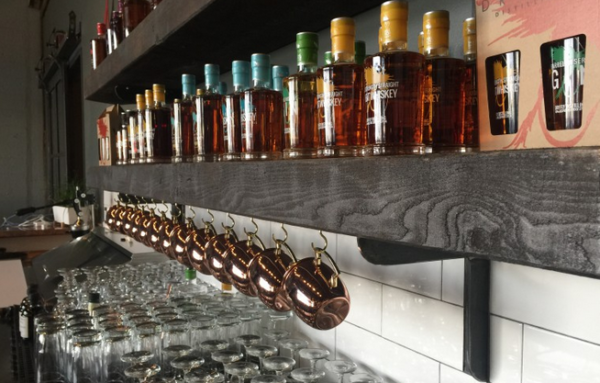
DFD tasting room.
[dropcap]D[/dropcap]on Poffenroth was already showing signs of terminal corporate burnout. Then his employer asked him to move to an area of California he considers “about the un-fishiest place in the world.” So with that prospect, he walked away from a twenty year career and began a search for a new professional life.
Don sought an alternative that celebrated the part of the world he is from (Eastern Washington) while taking advantage of the amazing raw materials that are grown there. From the culmination of those events, Don, with his friend Kent Fleischmann, hatched a plan to create Dry Fly Distilling while on a trout fishing trip. Now a reality, Dry Fly Distilling is currently producing small batch vodka, gin, whiskey and bourbon.
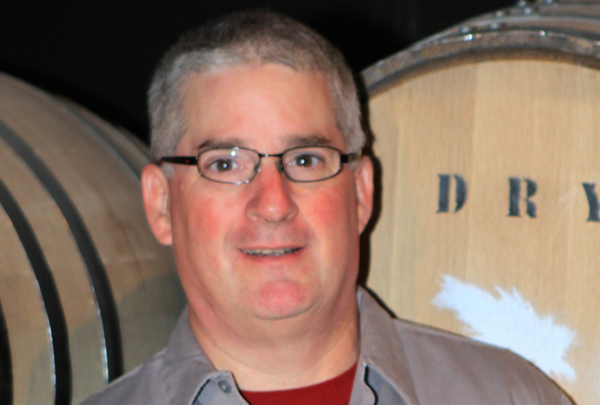
Don Poffenroth in his element.
Last year, Dry Fly Distilling manufactured around 10,000 cases of product. “With aged spirits, you kinda have to play this game where you have to make today what we’ll sell five years from now.” All of these spirits are sourced from local ingredients from a handful of farmers from Eastern Washington state. Their model for locally sourced farm to bottle, grain to glass spirits takes no shortcuts and places importance on crafting small batches that reflect the area Don and Kent call home.
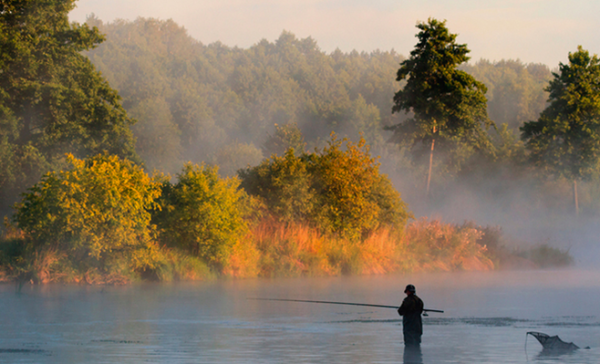
Pac-Northwesterners enjoy their fishing and local ingredients.
Speaking to Don from the distillery in his hometown of Spokane, he explained his fly fishing obsession, “If I was going to do something like this, it was going to have a fly fishing theme because that is my passion. That is what I love. I learned it as a young kid from my grandfather and my dad.”
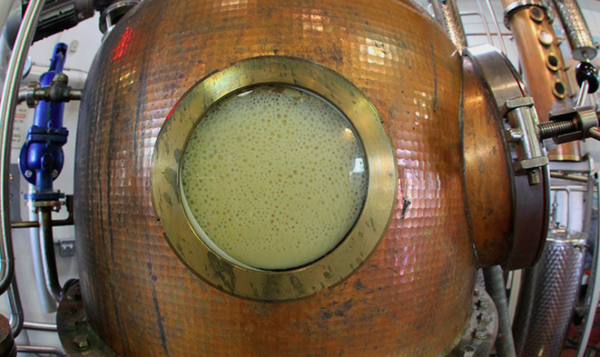
Once they have cooled the mash and added yeast, they transfer it into one of eight fermenters.
Like fly tyers or fly fishermen, distillers must try to control all of the variables that they can in order to manage a consistent and high quality outcome. When discussing the possibility of scaling up production in the future Ron explained, “I lean on the quality of the raw local ingredients and our equipment manufacturer who makes arguably the finest small distillation equipment in the world. Scaling up is a little bit of a scary thing because you do not want to lose anything in the equation.”
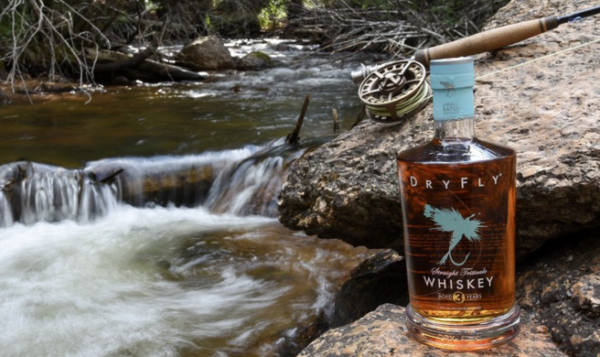
Convergence.
“Patience, persistence and planning” is a sort of mantra for Don. I would assume that applies to his business as well as on the river or behind the vice. He says that the US and worldwide market is “booming for good American whiskey that is traditionally manufactured,” and “does not attempt to cheat the aging process.” Dry Fly Distillery whiskeys are big among Pacific Northwest Japanese Americans as well as in Japan where fly fishing and whiskey are both popular. So that is just one market where there is growing demand.
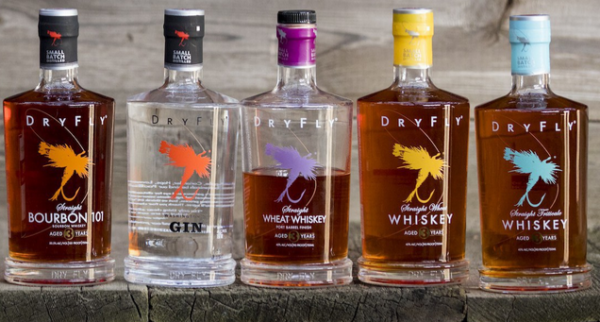
Locally sourced and made in small batches.
Don is always looking forward to the next great thing, “The best whiskeys we’ve made haven’t been put in a bottle yet.” When I asked him where in the world he would most want to go to drink and fly fish he gasped at the prospect and the wondrous options. The short answer he provided is anywhere he gets invited. In his former corporate life, he had to turn down so many invitations and now Don is at a point in his life where he can “just go.” At 56, Don is doing what he really wants with his life whether is is making whiskey, fishing his home waters or accepting an invitation to go fly fish the Gulf of Mexico. Wherever he goes fishing, there is whiskey in the flask (“concentrated beer”) and a lighthearted attitude on the water.
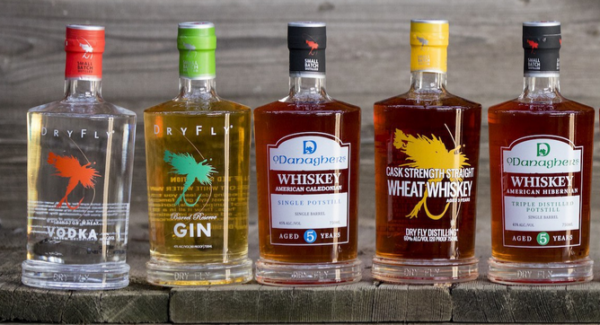
Something for everyone.
Close to Don’s heart is the Rex Foundation and Casting 4 A Cure. He sees it as a way to stay engaged with the fly fishing community while using it as a way to help somebody out. Casting 4 A Cure is a 501 c3 non-profit organization dedicated to funding critical research and family support programs for Rett Syndrome.


